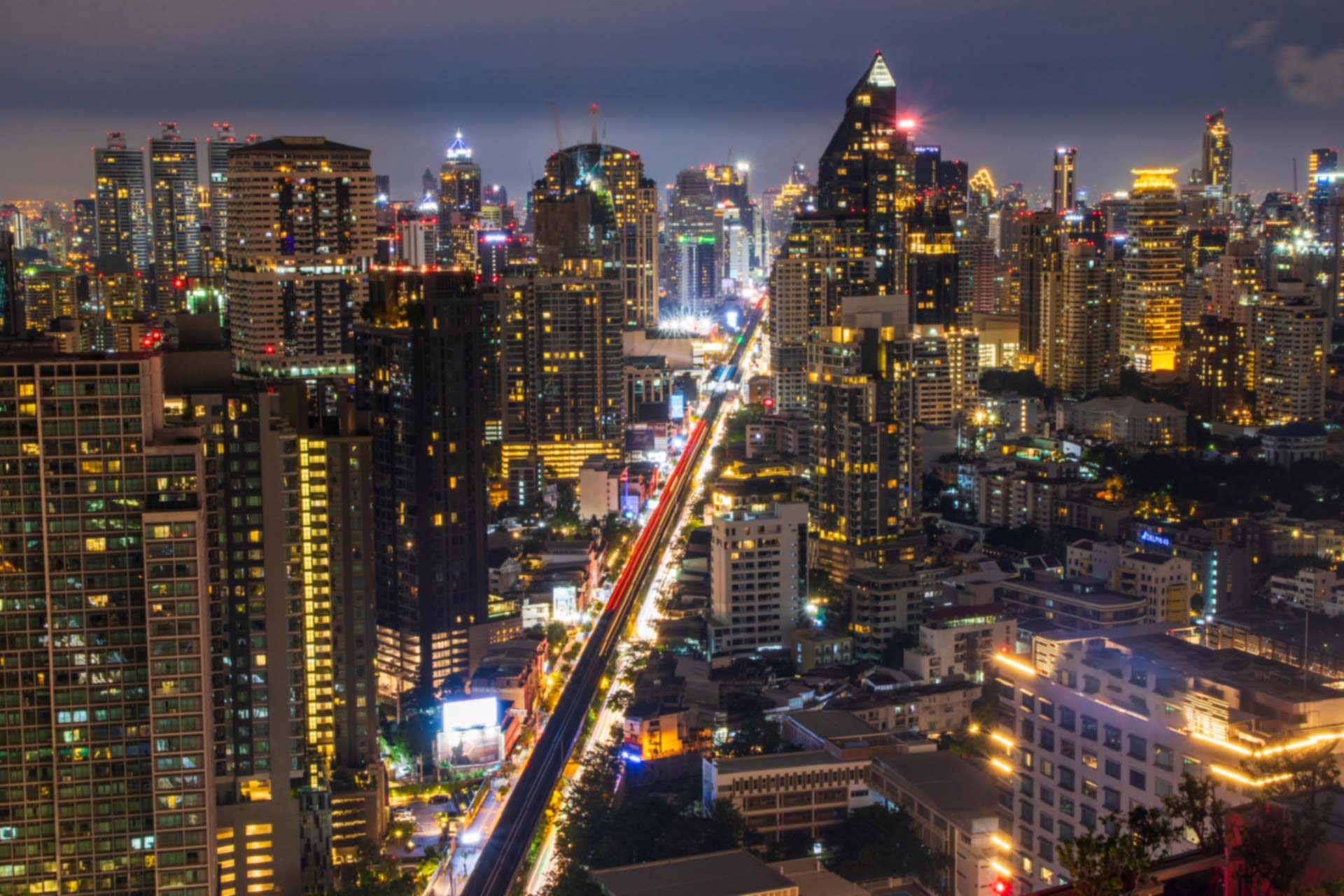APAC Network is Asia-Pacific’s tech, science and innovation broadcaster.
If you want to stay ahead and informed, join our community of passionate changemakers shaping the future by subscribing to our free monthly newsletter.


ASIA-PACIFIC’S GLOBAL NETWORK






APAC Network is Asia-Pacific’s tech, science and innovation broadcaster.
If you want to stay ahead and informed, join our community of passionate changemakers shaping the future by subscribing to our free monthly newsletter.
latest featured experts
STORIES TRENDING GLOBALLY
Researchers at University of California San Francisco and UC Berkeley are developing brain-computer technology to help people with impacted speech conditions communicate more naturally through a digital avatar. The system, the first to synthesise speech and facial expressions from brain signals, decodes into text at nearly 80 words per minute. By implanting electrodes in the brain, researchers are able to intercept signals meant for speech muscles and train AI algorithms to recognise brain activity patterns for speech as ALEX SILVA explains.
Apart from the obvious devastating effects plastics can have on marine animals who ingest it or become entangled, high levels of plastic pollution can disrupt entire ecosystems and introduce toxic substances into the food chain affecting both wildlife and humans. As OLIVER KADE explains, Seven Clean Seas is on an ambitious mission to reverse the damage in some of the world's most impacted and remote regions.
Researchers have developed a low-energy technique to recycle plastic, converting waste into polymer nanoparticles that can be reused or applied in various industries. As Dr. VIPUL AGARWAL explains, this innovative process also removes dyes, reducing the cost and time of recycling, with efforts underway to commercialise the technology for PET recycling.
While solar power has emerged as the most reliable and efficient renewable energy source to date, it does have its drawbacks. Dr. ASMA AZIZ explains why the "duck curve" - the balancing of electricity demand and supply - can strain the grid and lead to inefficiencies and potential outages.
The likelihood of autonomous drone taxis becoming part of our future mobility network is getting ever-closer. Advancements in AI, battery technology, and regulatory frameworks have enabled several companies to explore pilot programs to integrate these vehicles into urban transport systems. Wisk Aero, supported by Boeing, is one of the leaders as CATHERINE MACGOWAN explains.
PODCASTS
Subscribe to our ‘best stories of the month’ newsletter